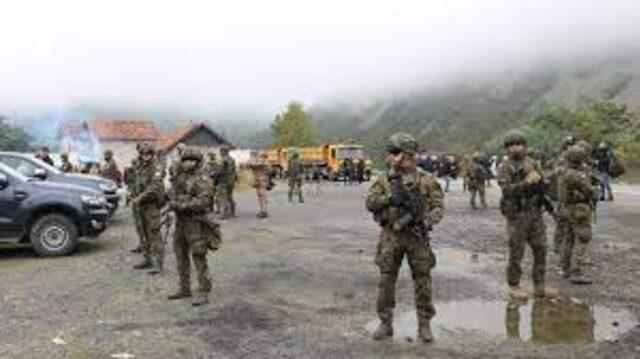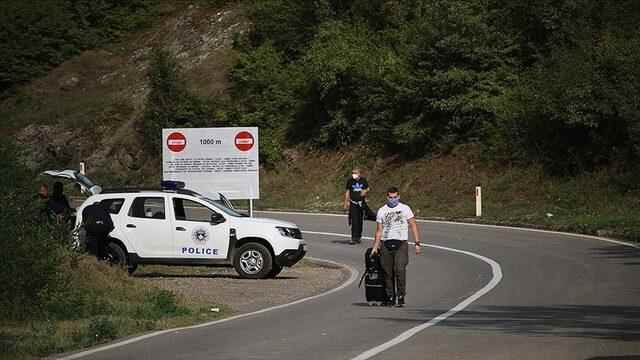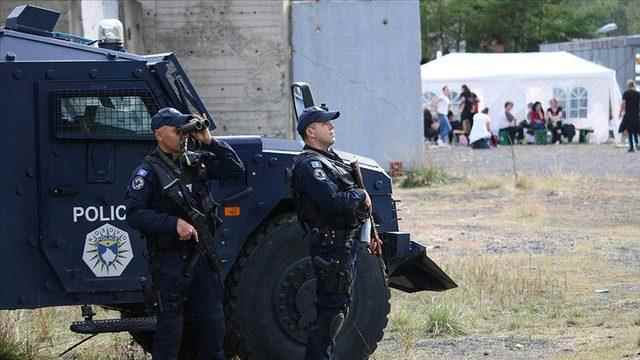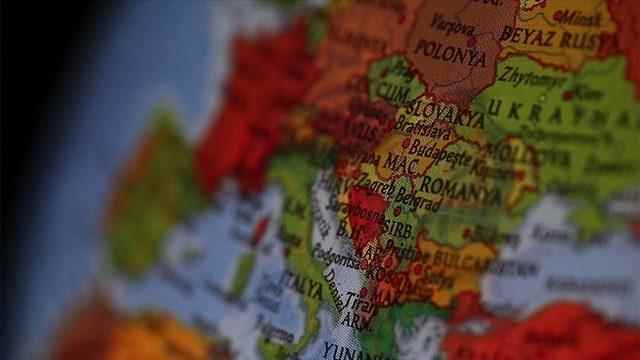The leaders of Kosovo and Serbia failed to reach an agreement in an emergency meeting held in Brussels, facilitated by the European Union (EU), to reduce tensions between the two sides.
Upon the increasing tension between Kosovo and Serbia due to identity cards and license plates for a while, Serbian President Aleksander Vucic and Kosovo Prime Minister Albin Kurti met with the EU High Representative for Foreign Relations and Security Policy Josep Borrell separately and in trilateral meetings.
Borrell, in his statement at the end of the meeting, announced that there was no solution to reduce tension from the meeting between Vucic and Kurti.
Borrell said, “The failure of today’s meeting, the escalation of tension in the advancing field and possible violence are the responsibility of both. We submitted an offer. President Vucic accepted, Prime Minister Kurti did not.” used the phrase.
Noting that he will inform EU countries about “unconstructive attitudes of the parties”, Borrell said that Kosovo, in particular, does not comply with its international legal obligations.
Borrell said: “The root of the problem goes far beyond the license plates. I have made it clear to both sides. We cannot go on like this. This vicious cycle of crises must end.” said.

ACCORDING TO VUCIC, KOSOVO WANTED THE IMPOSSIBLE
Serbian President Aleksandar Vucic, on the other hand, made a statement to the Serbian press after the meeting, stating that they could not reach an agreement and argued that they had a constructive attitude.
“We accepted the texts amended ten times, but the other party did not accept anything. They wanted to add the impossible. We have hard days and sleepless nights ahead,” Vucic said. said.
The Serbian leader is expected to address the public this evening at 19:00 local time.

KOSOVO-SERBIA TENSION
The Kosovo government, in line with the principle of reciprocity to Serbia at the end of July, regarding the “issuance of temporary declaration forms to those entering/exiting Kosovo with Serbian identity cards” and “conversion of license plates issued by Serbian authorities to Serbs in Kosovo to ‘RKS’ (Republic of Kosovo) plates”. announced that the decisions would come into effect.
Serbs in Kosovo reacted to this and closed the border crossings in the north of the country, and tensions increased in the country.
The Kosovo government decided to postpone the implementation, which caused the crisis, until 1 September, provided that all the barricades placed on the roads leading to the border gates with Serbia are removed.

Lastly, the Kosovo side stated that the re-registration process of license plates, which they described as “illegal”, was postponed to April 2023, that the owners of these vehicles would be warned first, then fined, and finally the test plates would be placed.
While the warning measure to vehicle owners started to be implemented as of November 1, the Kosovo side announced that as of tomorrow, fines will be applied to vehicle owners.
On the other hand, Serbia considers Kosovo, which declared its independence unilaterally in 2008, as its territory.
The Belgrade-Pristina Dialogue Process, initiated in 2011 under the mediation of the EU, aims to normalize relations and ultimately recognize each other between the two countries. (AA)
